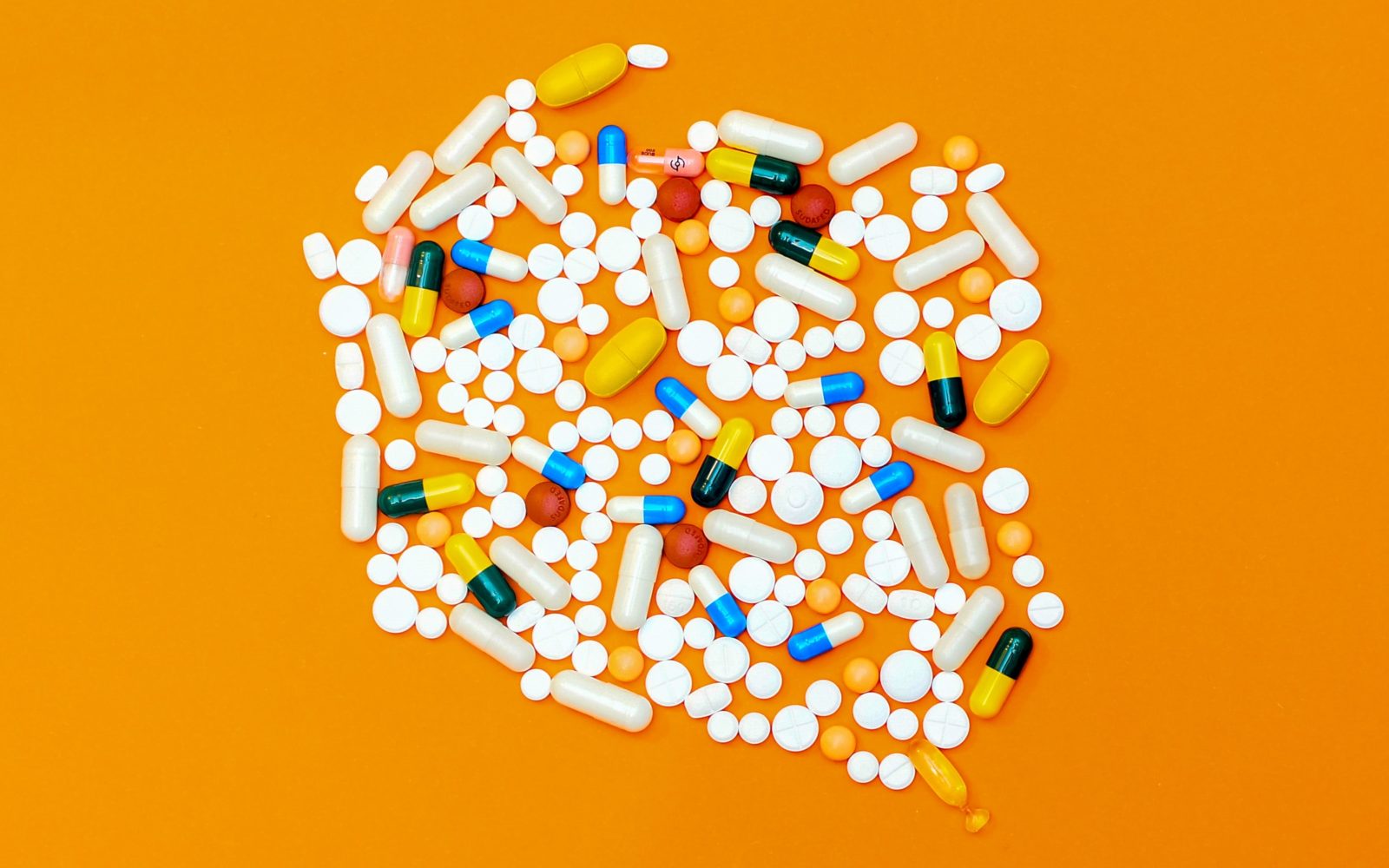for 35 years Last Door has helped people stop using opiates successfully
What is Opiate Addiction?
One of the most common causes of Opiate addiction is related to the prescription of drugs from the doctor treating severe pain that could be related to but not subjected only to accidents at work, car accident or sports injury. The most common opiates that are used and well known for being addictive is heroin, opium, hydrocodone, morphine and oxycontin. Opiate painkillers are known to have side effects such as daytime sleepiness, which could consequently require additional stimulant medication to counteract the sleepiness.
What are the long-term effects of Opiates?
The long-term use of painkillers was also found to be associated with a heightened risk of developing major depression: Patients using painkillers in excess of six months had more than a 50 percent greater chance of developing a depressive episode. Opioid addiction also involves psychological dependence. This means that the drug is so central to the person’s life that the need to keep using becomes more of a strong craving or compulsion, even if the person knows that using is harmful despite the negative consequences that are involved. Cravings and increasing tolerance may lead the person to buy drugs on the street or go to more than one doctor to get the same drug.
How do people use Opiates?
People may smoke, snort, crush or inject the drug in order to feel high faster and more intensely. This could affect their relationships with family members or friends, or cause a person to neglect their responsibilities. Individuals who use prescription opioids over an extended period of time may develop an altered physiological state where they become physically dependent on it. Dependence on opioids is revealed when the user experiences withdrawal symptoms when not using the drug. The individual will need to stop using the drug gradually in order to avoid withdrawal discomfort.
Opiate Addiction Treatment and Detox
Successful detox of opiates includes a supervised detox to maximize comfort and safety during the withdrawal process and minimize the risk of relapse. Medically prescribed Opiate Replacement Therapy, sleep and rest in an environment safe from distraction and drinking lots of fluids. In addition to the possible use of medication, patients should also attend counselling sessions and undergo therapy to discuss the root of their drug misuse.
At Last Door, we provide a strong inhibiting and safe environment for our clients to restore themselves to physical, mental, emotional and spiritual wellness. Our services include medically monitored detox and the option of a longer level of care through our inpatient residential programming. Our around the clock team provides the right support and level of care to help our clients work through their underlying issues and connect clients with others that have lived experience to build support systems around them. We work to help integrate a person if needed back into society and repair their personal relationships that have been affected by their opiate addiction. Our program can help people adjust their attitudes and behaviours connected to drug use and improve their health life skills.
We have a team of interventionists that are third-party contractors that we are affiliated with to help provide individuals and families support and introduce intervention treatment services, provide consultation to individuals to clear the path for recovery and give everyone involved who is affected, an opportunity for hope and relief. The interventionists provide a caring yet effective approach to setting up the first steps in getting the required assistance needed for the individual and the family.
Keep Reading
10-Day Addiction Treatment Intro to Recovery Program
Considering treatment for your substance use? Not ready to commit to a longer…
Freedom from Opiate Use
Don't let Fentanyl destroy your life, the overdose crisis can be overcome with…
Seeking help for Employees
Employees RETURN TO WORK as productive members of the team. Last Door works…

